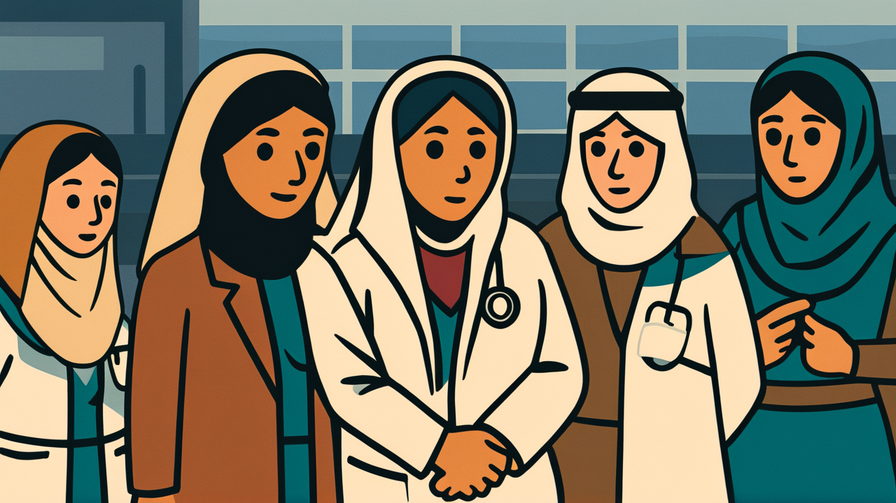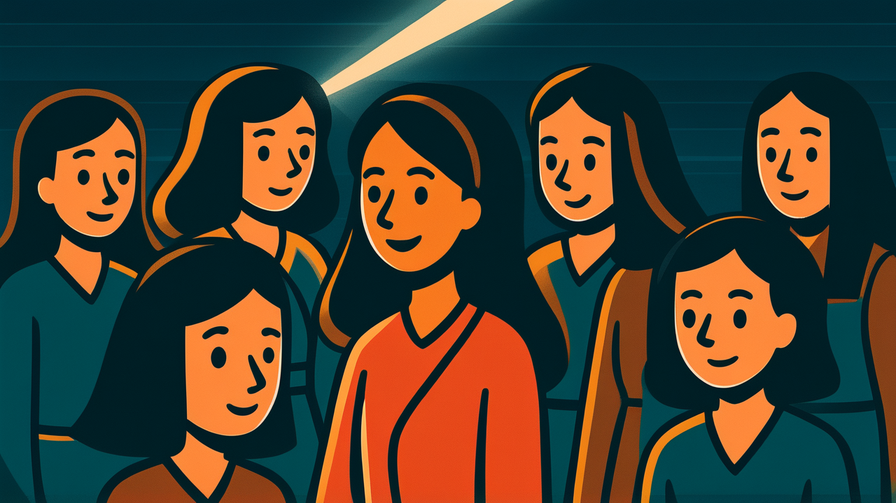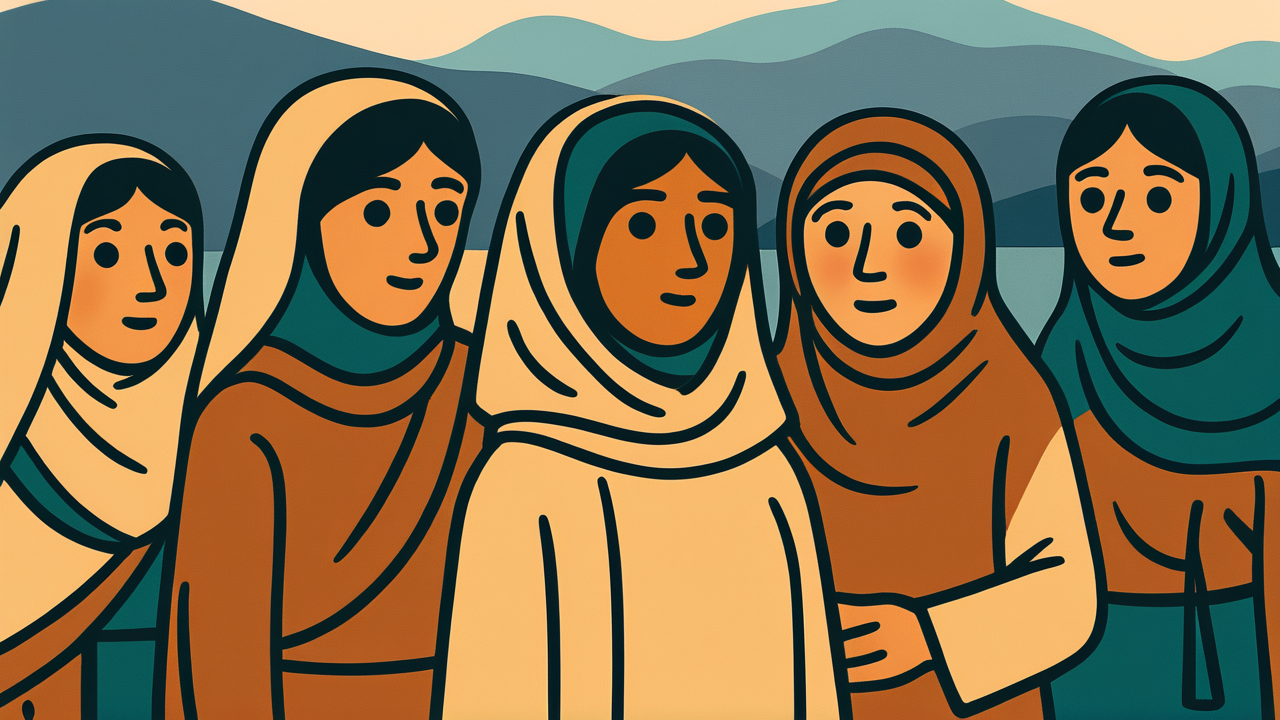[Disclaimer] This article is reconstructed based on information from external sources. Please verify the original source before referring to this content.
News Summary
The following content was published online. A translated summary is presented below. See the source for details.
Afghanistan is experiencing something almost unimaginable – a systematic erasure of women from public life that experts are calling “gender apartheid.” Since the Taliban returned to power in 2021, they’ve banned girls from going to school past 6th grade, forbidden women from most jobs, and even made it illegal for women to go to parks or gyms. Imagine being told you can’t go to high school, college, or get a job just because of your gender. That’s daily life for millions of Afghan women and girls right now. The consequences go way beyond individual suffering – the country is losing half its doctors, teachers, and workers. The economy is collapsing partly because women can’t work. Girls who dreamed of being engineers or doctors are trapped at home. Some families are so desperate they’re marrying off young daughters just to have fewer mouths to feed. International experts warn that Afghanistan is creating a generation of uneducated women, which will cripple the country’s development for decades. This isn’t just a women’s issue – it’s destroying Afghanistan’s entire future.
Source: globalvoices
Our Commentary
Background and Context

To understand what’s happening, you need to know that Afghanistan wasn’t always like this. Before the Taliban’s return, women made up 20% of Afghanistan’s workforce, including judges, pilots, and government ministers. Girls went to school and university, and Kabul had female TV presenters, entrepreneurs, and athletes. The Taliban follow an extreme interpretation of Islamic law that most Muslims worldwide reject. They claim they’re “protecting” women, but they’re really just controlling them. Since August 2021, they’ve issued over 50 decrees restricting women’s rights. Women can’t travel without a male guardian, must cover their entire bodies in public, and can’t even speak loudly outside their homes. It’s like taking society back to medieval times overnight.
Expert Analysis
Human rights experts and economists agree: you can’t have a functioning society when half the population is banned from participating. Gender apartheid isn’t just morally wrong – it’s economically disastrous. The World Bank estimates Afghanistan’s economy has shrunk by 30% since the Taliban takeover, partly because women can’t work. When female teachers were banned, 1.1 million students lost access to education. When female healthcare workers were restricted, maternal and infant mortality rates skyrocketed. Some provinces now have no female doctors, meaning women can’t get medical care because male doctors aren’t allowed to treat them. UN experts call this a “crime against humanity” and warn it could inspire similar movements in other countries.
Additional Data and Fact Reinforcement
The numbers are heartbreaking: 3.7 million girls are currently banned from school in Afghanistan – that’s 80% of school-age girls. Before the ban, 40% of Afghan students were female. Now entire universities sit empty. Afghanistan is the only country on Earth that bans girls from education. Female employment has dropped by 25%, costing the economy $1 billion annually. Suicide rates among women have increased 50% as despair spreads. Child marriage has increased 32% as families see no future for their daughters. Mental health services report overwhelming demand they can’t meet. Even Taliban members’ daughters are affected – some Taliban officials reportedly send their girls to school in Pakistan while enforcing bans at home.
Related News
The international response has been mixed and mostly ineffective. The UN has condemned the policies but can’t force change. Some countries cut aid, but that mainly hurts ordinary Afghans who are already suffering. Iran and Pakistan, Afghanistan’s neighbors, worry about refugee flows but haven’t pressured the Taliban effectively. Meanwhile, underground schools run by brave teachers risk everything to educate girls in secret. Some women protest despite violent crackdowns. Tech-savvy Afghans use online platforms to continue education remotely. International organizations try to negotiate exceptions for humanitarian work. The situation has inspired global movements supporting Afghan women, but real change seems distant.
Summary

Afghanistan’s gender apartheid is creating a humanitarian catastrophe that will echo for generations. By erasing women from public life, the Taliban aren’t just oppressing half their population – they’re destroying their country’s entire future. The world watches as millions of bright, capable women and girls are forced into the shadows, their potential wasted. This isn’t just Afghanistan’s tragedy; it’s humanity’s loss.
Public Reaction
Social media has become a lifeline for Afghan women sharing their stories. Videos of girls crying outside locked schools went viral, breaking hearts worldwide. The hashtag #LetAfghanGirlsLearn trends regularly. Afghan women abroad organize protests, feeling survivor’s guilt. Many share before-and-after photos showing their lives pre-Taliban versus now – the contrast is shocking. International students from Afghanistan describe the pain of studying abroad while their sisters can’t even finish elementary school. Some Taliban supporters online claim Western media exaggerates, but Afghan women’s own testimonies tell the truth. Young people globally express frustration at feeling powerless to help.
Frequently Asked Questions
Q: Don’t other Muslim countries restrict women too?
A: No, Afghanistan under the Taliban is unique. Most Muslim-majority countries have female doctors, teachers, politicians, and business leaders. Countries like Indonesia, Bangladesh, and Pakistan have had female prime ministers. The Taliban’s interpretation of Islam is rejected by most Muslims worldwide.
Q: Can’t the UN or other countries force the Taliban to change?
A: It’s complicated. Afghanistan is a sovereign country, and military intervention has failed before. Sanctions often hurt ordinary people more than leaders. The international community is trying diplomatic pressure and conditional aid, but the Taliban seem unmoved so far.
Q: How can teenagers help Afghan women and girls?
A: Raise awareness on social media, support organizations helping Afghan women, write to your representatives about keeping pressure on the Taliban, and donate to groups providing underground education. Most importantly, don’t let the world forget what’s happening there.


